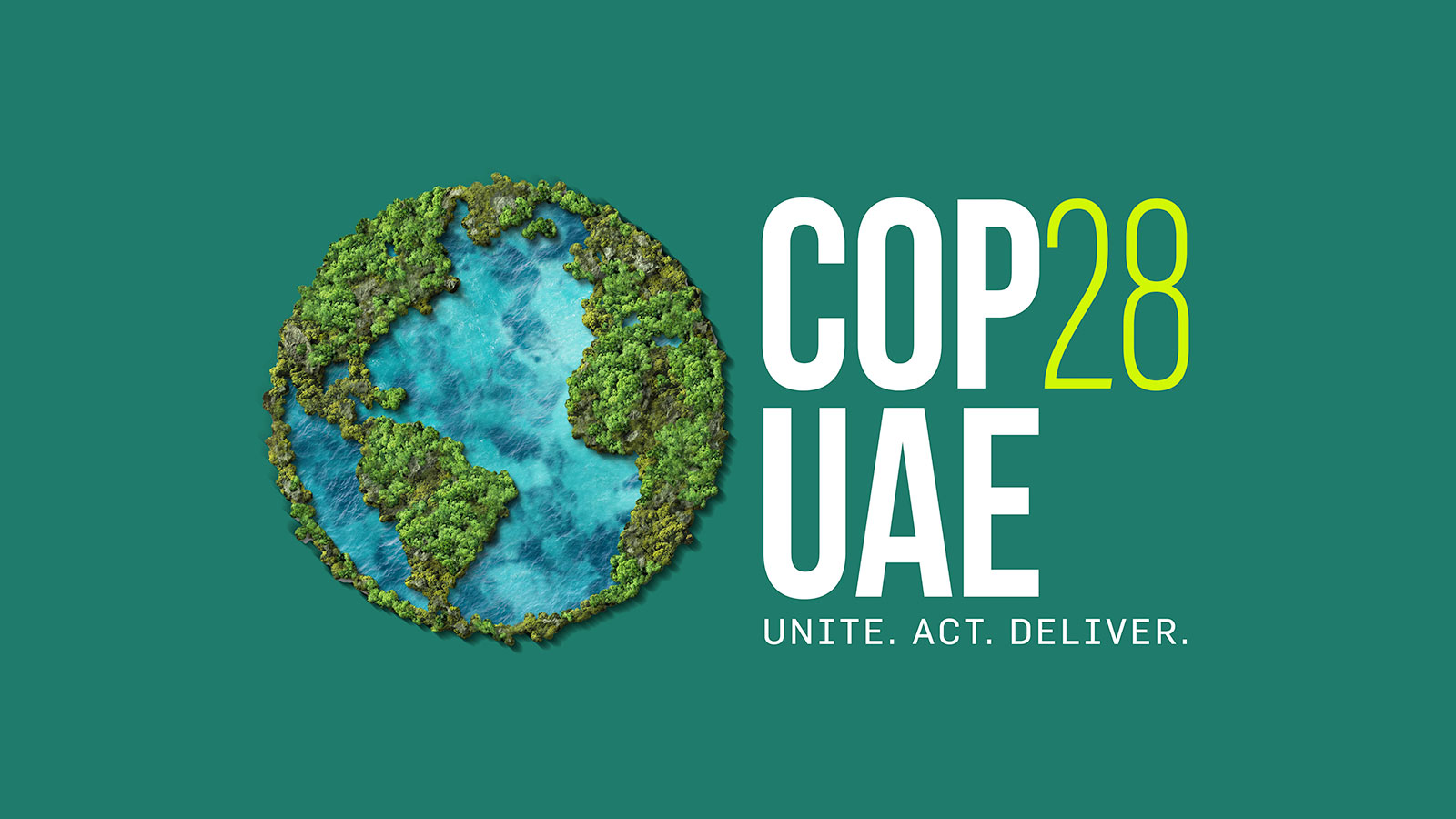World leaders have pledged to triple global renewable energy capacity by 2030, a commitment in line with the International Renewable Energy Agency’s (IRENA) recommendations in the World Energy Transitions Outlook (WETO).
A total of 118 nations signed the agreement, which marks a significant step towards closing the energy transition gap and staying on the 1.5°C pathway outlined in the Paris Agreement.
WETO highlighted the urgency of tripling renewable energy and doubling energy efficiency by 2030 as the most feasible route to realign with the Paris Agreement goals. This ambitious target includes increasing installed renewable capacity from approximately 3,400 GW today to over 11,000 GW by 2030, which means adding an average of 1,000 GW annually until the end of the century.
The agreement was spearheaded by the European Union, United States and UAE, with the likes of the UK, Brazil, Nigeria, Australia, Japan, Canada, Chile and Barbados all signed on. However, committing to a target is one thing – achieving it will be another.
Francesco La Camera, Director of IRENA, warned that it would take “cyclopedic effort” to achieve a tripling of renewables, with the infrastructure required to achieve such a feat not currently in place.
Despite his warning, Camera still feels positive about the news, stating, “Today’s landmark commitment to triple renewable capacity by 2030 unequivocally confirms the central role renewables play in addressing climate urgency. As the most accessible and cost-effective solution, renewables are pivotal in enhancing energy access, security, and affordability.”
La Camera further emphasised the need for this commitment to be translated into tangible actions, considering different national circumstances. He pointed out that the forthcoming round of Nationally Determined Contributions in 2025 is a crucial opportunity for countries to make transformative progress. IRENA, as the custodian of this pledge, says that it stands ready to support countries in advancing their energy transitions and ensuring consistent progress towards the 2030 target.
Despite 2022 witnessing the largest-ever annual increase in renewable energy, with renewables accounting for 40% of globally installed power, the scale and extent of deployment vary significantly across sectors and regions. The report stresses that these efforts still fall short of the requirements for the 1.5°C pathway.
Overcoming deeply entrenched barriers, including those in infrastructure, policy, and institutional capacities, is crucial to accelerating the deployment of renewables. Additionally, the report calls for a reformation of the global financial architecture, recognising the role of multilateral financial institutions in prioritising infrastructure for a renewable energy-based system.

